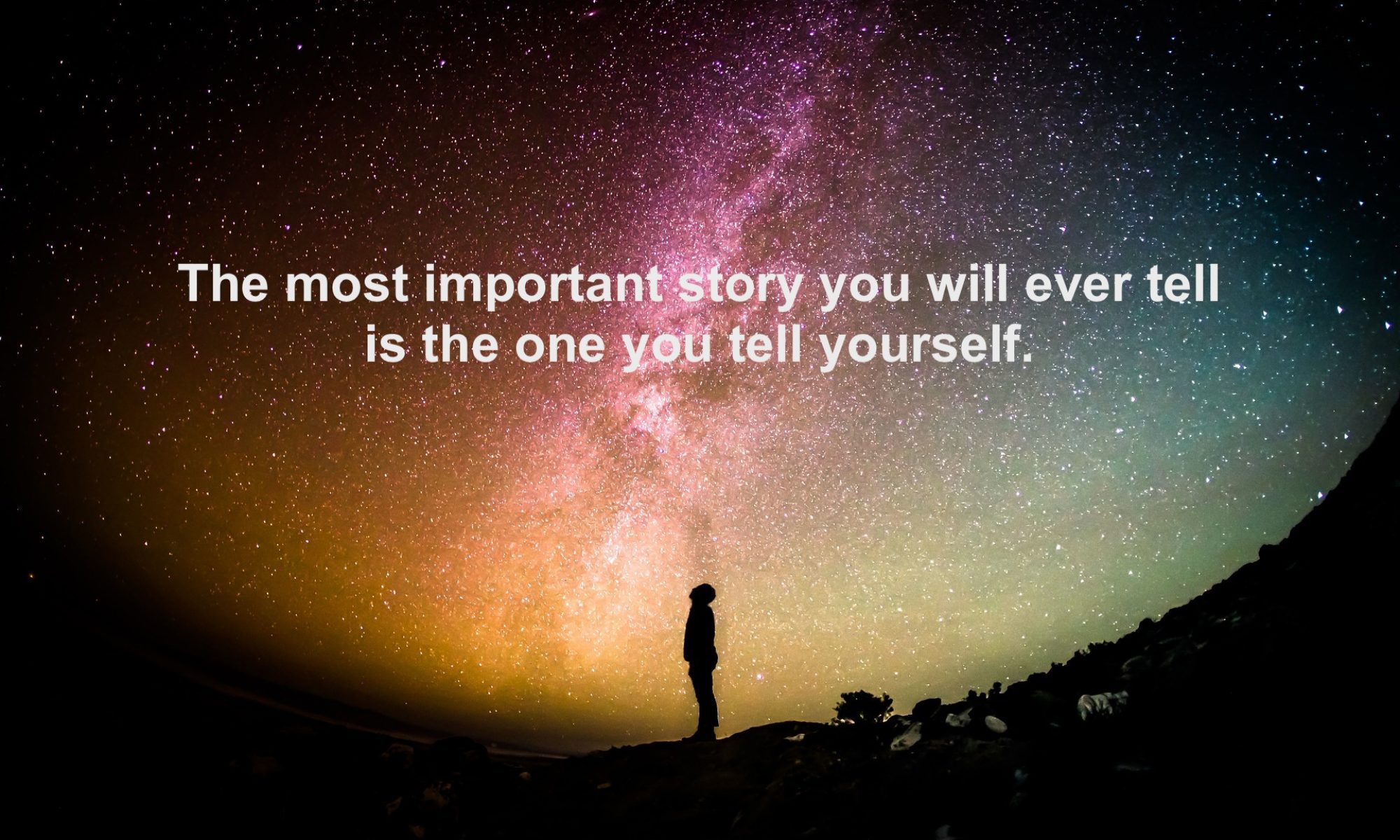“If all you have is a hammer, everything looks like a nail.”
— Abraham Maslow
This quote (and its variants) has been attributed to many wits and sages, most commonly to the renowned psychologist Abraham Maslow. It expresses a cognitive bias sometimes known as Maslow’s Hammer, or, if you prefer fancy talk, the Law of the Instrument. It simply means that we tend to rely a lot more on the tools, processes, and approaches we are most familiar with, often overlooking lesser known but possibly more appropriate ones.

Professionals use the tools they learned, and they operate within the systems they know. Doctors are taught to prescribe pills and perform surgery, and that’s what they do. It’s no surprise when you consider they are visited by pharma reps who send them to medical conferences in Hawaii, Las Vegas, and Paris. This arrangement seems suspect, so Big Pharma has another approach: they saturate the airwaves with TV commercials for all kinds of pills, and they always end with the words “Ask your doctor about [insert your drug here].” It’s hard to say no when their patients come to them asking them about that pill. The truth is good nutrition could prevent many of these ills, but doctors don’t study nutrition. There’s no money in saying “Eat more vegetables and get some exercise,” and that doesn’t give them a chance to show off their medical chops.
Money managers learn all kinds of theories about beta, volatility, portfolio management, ratios, technical analysis, and other areas of financial minutia. Yet 96% of the professionals fail to beat the S&P index. They would be better off indexing, but they feel the need to put their hard-earned knowledge to use. Besides, they wouldn’t make any money putting all of their clients into index funds.
Lawyers learn to be adversarial, writing threatening letters, intimidating people to show their clients how tough they are, mastering the intricacies of evidence and procedure, and racking up huge bills. Mediation is a lot more effective, but there isn’t much money or glory in trying to solve a problem quickly and collaboratively.
Psychologists learn a lot of theories about personality, mental, emotional, and behavioral disorders. They do psychotherapy, which may take years and often doesn’t do much good. Psychiatrists often get the best results by prescribing medication, but it doesn’t address the root of the problem. These professionals do understand that a lot of damage is caused by childhood events—they come so close—but they tease it out rather than help rewrite the inner story.
People stay in therapy for years. Obviously it isn’t working! Reopening a wound every week and sharing your pain becomes the norm. This is not a transformation from the ground up, it is just a palliative—it may relieve some of the pain, but not the cause.
So what should you do if you lack confidence, feel stuck in the same pattern of unsatisfying roles and relationships, or feel your life can be so much better but you don’t know where to start?
A shrink would advise you to get therapy and resolve your issues. Lots of people do just that. The process is expensive, often takes years, and your results are uncertain. I have seen research that suggests most of the benefit comes from just talking to someone (and it could be anyone) about your issues.
A motivational speaker would tell you to join his seminar and he will be your coach and help you unleash your inner potential. (It always cracks me up how someone can be your “coach” while you’re in a room with hundreds of other people!) And there are plenty of self-improvement junkies attending one big seminar after another. I have seen many of these seekers go from program to program—even getting certified in NLP or XYZ—and they come out the same as they were before they started!
A personal coach also has a set of tools, mostly in the form of listening, questioning, and other communication skills. In some ways the process looks like psychotherapy. If the chemistry is right, it can produce good results. And the coaching business is booming, so a lot of people must be getting good results.
I like to use a special tool: story. I believe storytelling is the oldest art. It predates written language, and even spoken language if you consider that cave drawings told simple stories. Our stories tell us who we are, transmit our values and deepest beliefs, uphold our traditions, explain why things are the way they are, and so much more. Story is our most powerful tool.

I often say the most important story you will ever tell is the one you tell yourself. You have an inner story you wrote when you were a child and have been telling yourself all your life.
Your inner story is foundational. It tells you who you are, how the world works, and what you can expect from life. Because you wrote this story as a child, it will undoubtedly be wrong. Your child self didn’t understand life, people, relationships, or the ways of the world well enough to write this script for your life, but you did your best with what you had. As an experienced and enlightened adult, you can do better. You can rewrite your inner story.
It begins with a journey of discovery, a trip back in time to your story’s origins. Once you uncover your inner story, you analyze the misunderstandings that went into making it, the faulty assumptions and inferences you drew from it, and the maladaptive beliefs that formed as a result. Then comes the serious work of rewriting the story and designing challenges to reinforce it. Your old story has quite a hold on you, and it will not let go without a fight.
It isn’t enough to rewrite your inner story; you must also internalize it. If your inner story does not support the changes you wish to make, no amount of seminars, self-help books, affirmations, or other techniques will work! If you want real and lasting change, you must first change your inner story.
As a story guide—a coach who understands how to use the power of story—I can lead you through the process. Contact me to discuss how we can work together.
